detail profile pascale audret
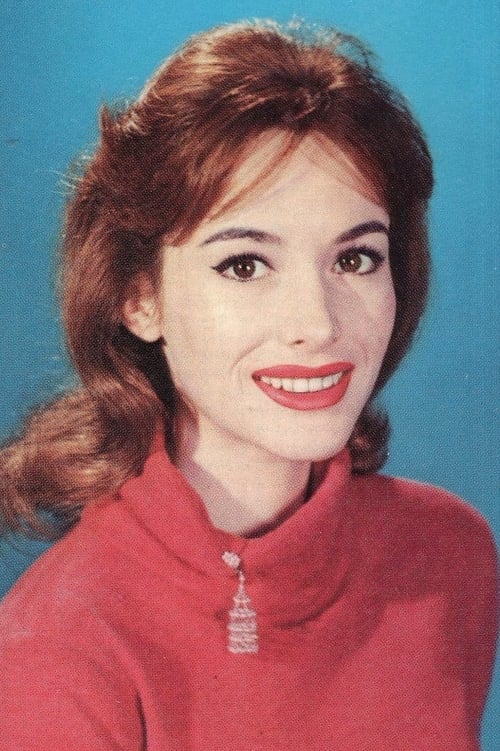
Pascale Audret
Паскаль Одре
atau dikenal sebagai
Riwayat Hidup
Pascale Audret (12 October 1935, Neuilly-sur-Seine – 17 July 2000) was a French actress who was most active during the 1950s through the 1960s.
While she starred in over 25 films between 1955 and 1968, her success never crossed over internationally.
Her career in film, television, stage and music stayed in France.
One of her most high-profile films came when she starred opposite Orson Welles in the 1961 film La Fayette.
The following year she starred in Give Me Ten Desperate Men, which was entered into the 12th Berlin International Film Festival.
Audret was born as Pascale Aiguionne Louise Jacqueline Marie Auffray to Henry Auffray, an industrialist, and Amyelle de Caubios d'Andiran, a musician, second cousin of the French author François Mauriac (respectively by their maternal grandfather and maternal grandmother).
Her brother is singer Hugues Aufray.
Audret was married twice, first to actor Roger Coggio and later to music producer Francis Dreyfus.
It was her second marriage that produced her daughter Julie Dreyfus, an actress who co-starred in Quentin Tarantino's Kill Bill & Inglourious Basterds.
Audret put her career on the back burner after the birth of her daughter Julie in 1966.
Audret died in a road accident in 2000, aged 64.
She was in the passenger seat of a car being driven by her companion.
Source: Article "Pascale Audret" from Wikipedia in English, licensed under CC-BY-SA 3.
0.
Info Pribadi
Peran Yang Di Mainkan Pascale Audret
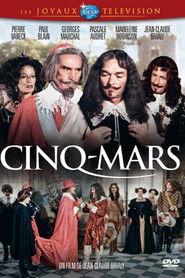 In the 17th century under Louis...
In the 17th century under Louis...Cinq-Mars 1981
In the 17th century, under Louis XIII, the policy of Cardinal de Richelieu aimed at the definitive establishment of a monarchic power, and gave rise to a struggle against the great feudal lords, who favored a weak central power. Numerous conspiracies against the Cardinal were led by the high nobility. The one led by Henri Coiffier de Ruzé d'Effiat, marquis de Cinq-Mars, was the last and most famous of them.
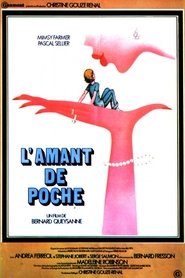 The Pocket Lover tells the story...
The Pocket Lover tells the story...Lover Boy 1978
"The Pocket Lover" tells the story of Julien, a 15 year-old boy who falls in love with an older woman, later discovered to be a prostitute. Now, Julien will have to face several obstacles, which includes his parents opposition with this affair, and Julien's own perceptions about the woman's line of work, going out with wealthy guys.
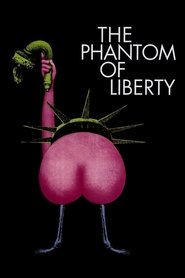 This Surrealist film with a title...
This Surrealist film with a title...The Phantom of Liberty 1974
This Surrealist film, with a title referencing the Communist Manifesto, strings together short incidents based on the life of director Luis Buñuel. Presented as chance encounters, these loosely related, intersecting situations, all without a consistent protagonist, reach from the 19th century to the 1970s. Touching briefly on subjects such as execution, pedophilia, incest, and sex, the film features an array of characters, including a sick father and incompetent police officers.
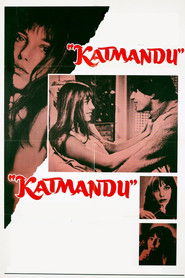 A rebellious sociallyconscious man travels to...
A rebellious sociallyconscious man travels to...Katmandu 1969
A rebellious socially-conscious man travels to Nepal to find his dead-beat dad. There, he meets Jane, a beautiful hippie girl hooked on drugs. He's forced to steal artefacts for his father's slimy employer to earn money to help Jane.
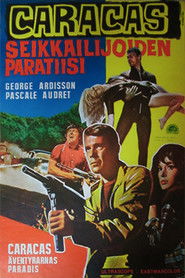 NY private eye Jeff Milton is...
NY private eye Jeff Milton is...Countdown to Doomsday 1966
NY private eye Jeff Milton is investigating a case of kidnapping in Caracas.
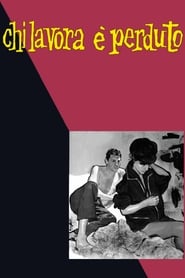 Bonifacio is 27 years old and he...
Bonifacio is 27 years old and he...Who Works Is Lost 1963
Bonifacio is 27 years old and he is roaming about Venice. He is trying to decide whether to accept a job or not. In so doing, he recalls all his past life: his love story with Gabriella, his old friend Claudio, who had always regarded working as a worthwhile thing, the war, the partisans.
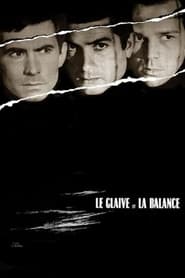 Three young men are suspected of...
Three young men are suspected of...The Sword and the Balance 1963
Three young men are suspected of kidnapping and murdering a little boy. Most likely, two of them are really involved, but one is not. All of their pasts are questionable, riddled with violence and controversy. Neither the police nor the court can decide how to solve that puzzle.
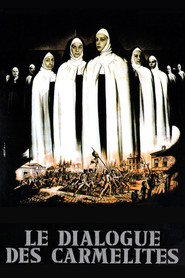 This drama about the Carmelite order...
This drama about the Carmelite order...The Dialogue of the Carmelites 1960
This drama about the Carmelite order of nuns is set during the French Revolution. A young woman seeks refuge with the Carmelites because she is terrified of dying during the upheaval. The longer she associates with the nuns the more she is transformed by their faith and devotion.
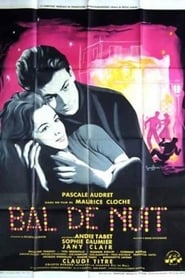 Martine is a young woman plagued...
Martine is a young woman plagued...Night Dance Hall 1959
Martine is a young woman plagued both by poverty and by uncaring, problem parents who in no way can provide the kind of nurturing that Martine needs during her adolescent years. As a result of her family situation, Martine runs away from home and gets involved with a group of teens and young adults from the wrong side of the moral tracks.
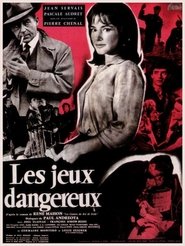 Alain is the only son of...
Alain is the only son of...Dangerous Games 1958
Alain is the only son of a wealthy bourgeois couple. He takes violin lessons in Ménilmontant, where he is spotted by Fleur, a poor girl: she is going to kidnap him and demand a ransom from the young man's parents, money which will be used to pay for a good lawyer for her brother accused of killing a policeman.
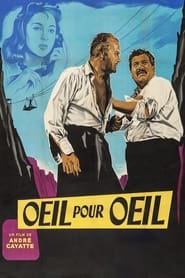 In North Africa an anguished husband...
In North Africa an anguished husband...An Eye for an Eye 1957
In North Africa, an anguished husband tests the character of the doctor he believes is responsible for his wife’s death.
 During a war in an imaginary...
During a war in an imaginary...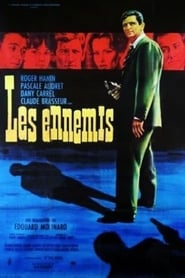 The French Secret Services are out...
The French Secret Services are out...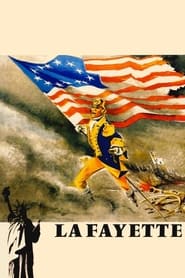 The story of Lafayette the 19 year...
The story of Lafayette the 19 year...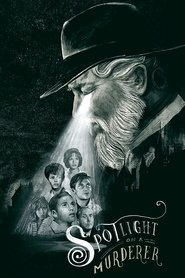 An old count hides just before...
An old count hides just before...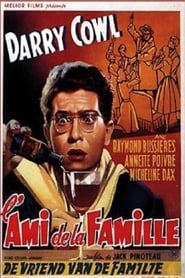 Pierre an unhappy lover is saved...
Pierre an unhappy lover is saved...